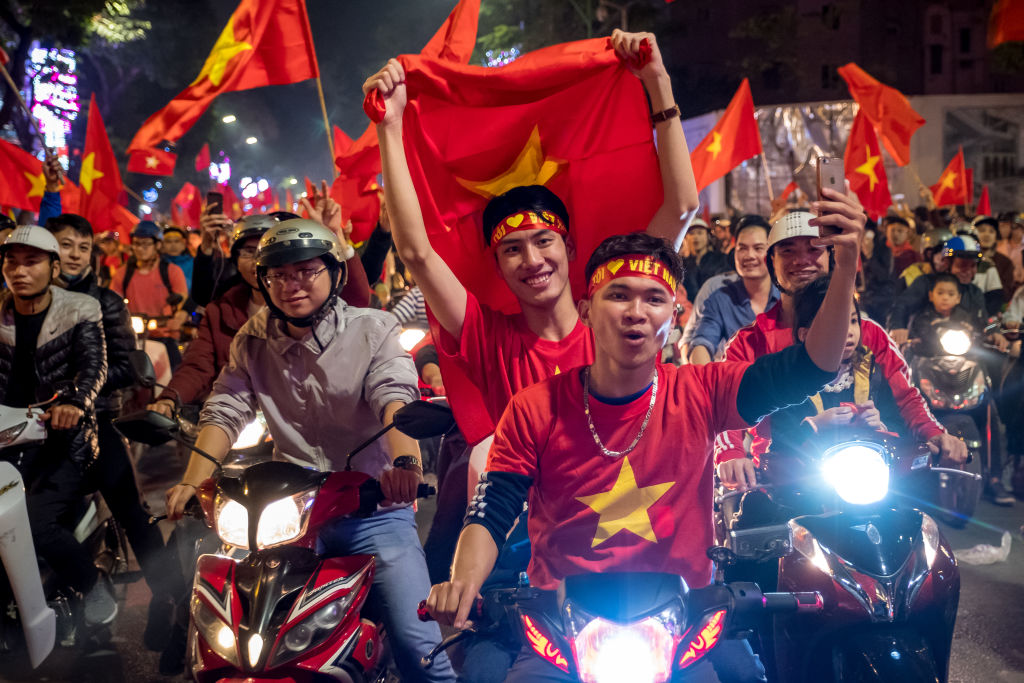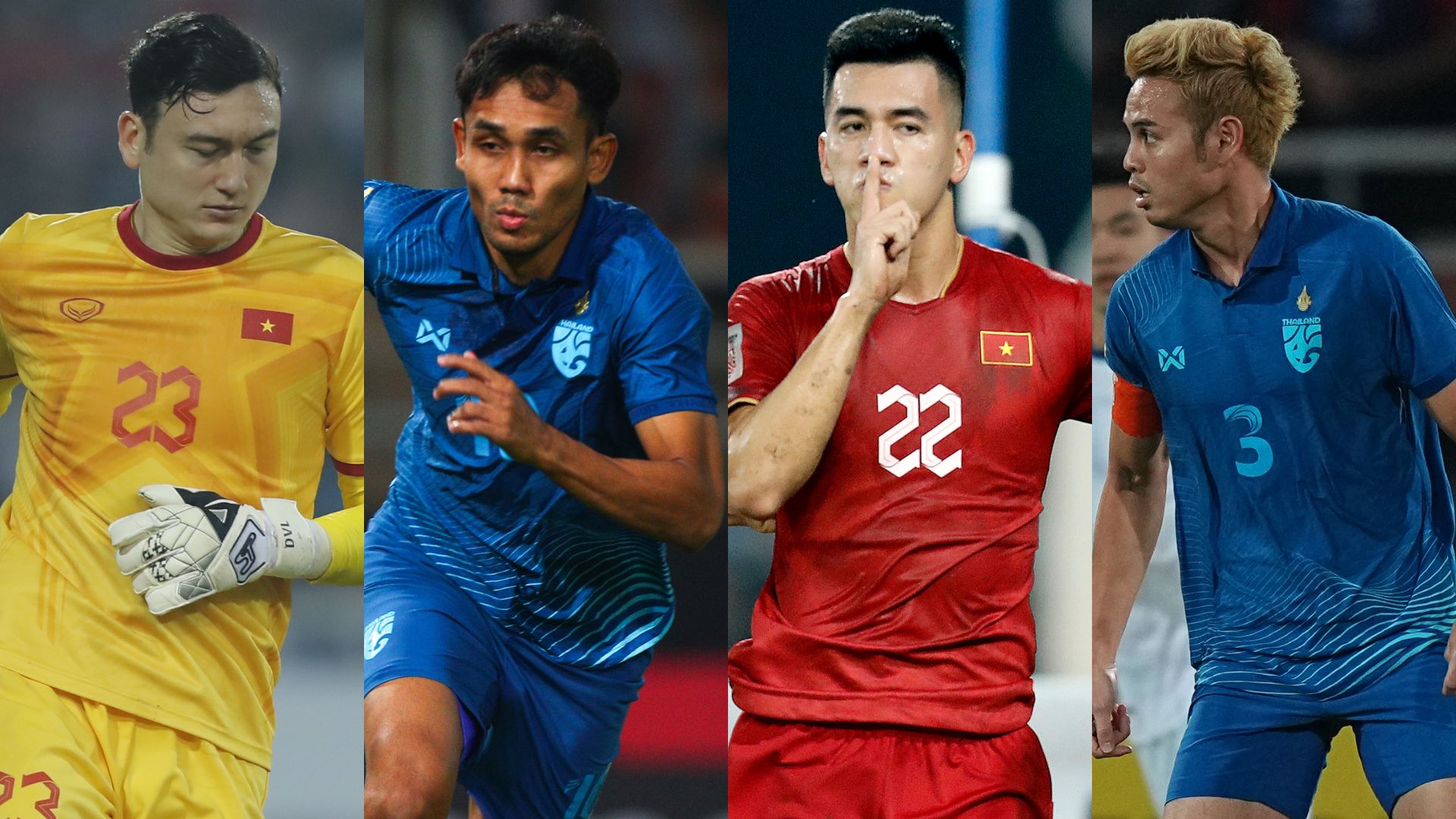AFF Suzuki Cup venue guide: Hanoi

The vibrant Vietnamese city of Hanoi will host group stage matches at the AFF Suzuki Cup for the first time since 2014 when the regional showpiece gets underway next month.
Steeped in Southeast Asian football folklore, the nation was just the second (after Singapore) to host AFF Suzuki Cup matches when it was the venue for the 1998 edition and there have been plenty of thrilling encounters played out in the capital since then.
Speak to any Philippines football fan and you’ll surely hear all about the ‘Miracle of Hanoi’ when the then lowly-ranked Azkals stunned the region by defeating Vietnam in the group stage of the 2010 tournament at the famed My Dinh National Stadium.
Arguably the biggest ever match at the venue though was two years earlier when the Golden Stars won their first (and to date only) AFF Suzuki Cup title as a dramatic 94th-minute goal from Le Cong Vinh secured an aggregate victory over Thailand and sparked a wild street party that lasted until the early hours of the morning.
My Dinh will once again host matches in the forthcoming edition along with the smaller, more centrally located, Hang Day Stadium, and with a treasure trove of cultural sights and sounds to take in, Hanoi should be close to the top of the list for fans wanting to travel and experience the AFF Suzuki Cup.
City: Hanoi
Population: 7.7 million
Currency: Vietnamese Dong (1VND = 0.000043 USD)
Stadia: My Dinh National Stadium, Hang Day Stadium
Local clubs: Hanoi FC, Viettel, Cong An Nhan Dan
Each venue will host one of Vietnam’s group stage matches with My Dinh the location for the visit of Malaysia on November 16 whilst Cambodia will play at Hang Day just over a week later.
What to do: The bustling area around the Old Quarter and Hoan Kiem Lake are magnets for the hordes of tourists that descend upon the capital, and with the narrow winding streets a constant bustle of motorbikes and people, it’s a dynamic assault of sights and sounds.
To escape, a trip to the Water Puppet Theatre is a good way to spend an afternoon whilst the Ho Chi Minh Mausoleum and the UNESCO-listed Imperial Citadel of Thang Long are both fascinating windows into the nation’s history.
What to eat: Bun Cha – Hanoians claim this tasty dish originated from the capital and it’s certainly a favourite of locals and visitors alike. Often eaten at lunchtime, it’s a delicious combination of white rice noodles (bun) and fatty pork (cha) and a must-try when in Hanoi.

Useful phrases: Tôi muốn đến (I want to go to) is a handy phrase for making your way to the stadium, your hotel or anywhere else in Hanoi and should help you find your way – if you want to get to My Dinh Stadium, simply say Tôi muốn đến sân Mỹ Đình
Where to watch the other games: In a city that has small restaurants or Bia Hoi (streetside ‘bars’) on virtually every street, it will be no problem to find a place to sit down, grab something to drink, and join in with the locals as they follow all the AFF Suzuki Cup action.
Where to stay: Most travellers opt to base themselves in the around Hoan Kiem Lake and the Old Quarter as it’s an easy area to explore on foot and close to several of the leading attractions and restaurants. There’s a range of accommodation options including plenty of smaller, ‘boutique,’ hotels that have popped up in recent years.

Stadium access: Taxis or motorbike taxis are the two easiest ways to get to My Dinh with the former being more comfortable but more expensive and the latter cheaper but more of a thrill in the chaos of Hanoi traffic.
If you’re staying around the Old Quarter area it’s possible to walk from there to the more centrally located Hang Day Stadium.
Inside knowledge – Steve Darby (Long-term Hanoi resident, former Thailand & Laos coach)
“You have to be prepared for chaos in and around the stadium if Vietnam win and it’s certainly wiser to aim to eat in the areas around the stadium at Hang Day and then wait for traffic to die down before leaving the area. In terms of getting there and away you’re best to take a taxi and I’ve always found that the green ones are the safest and more honest.
“It’s also worth remembering that Vietnamese Dong is hard to exchange outside of the country so you’re better to get rid of all of it before you leave and also avoid changing money on the streets because there are plenty of con artists.”
Photos: Getty Images























